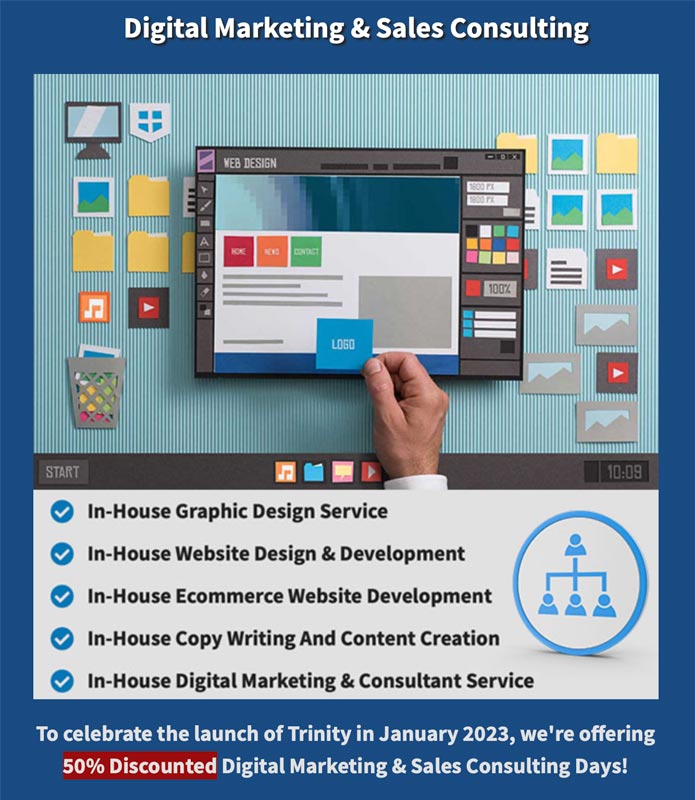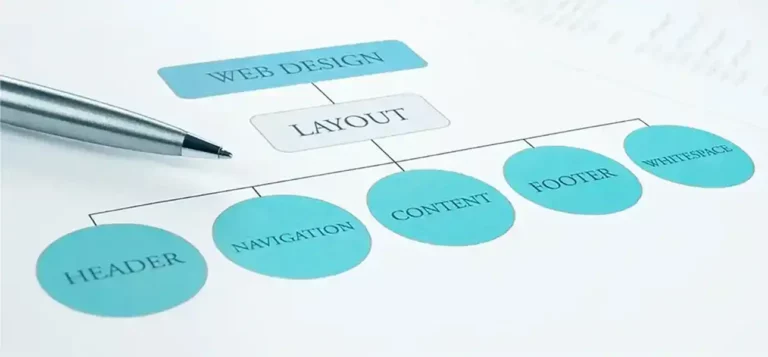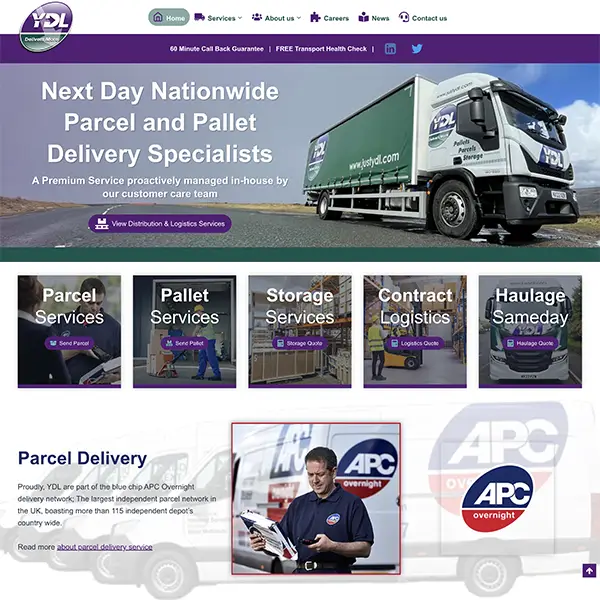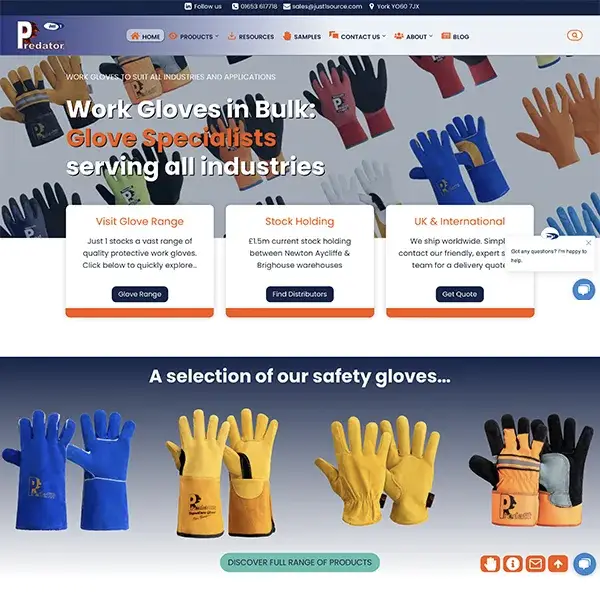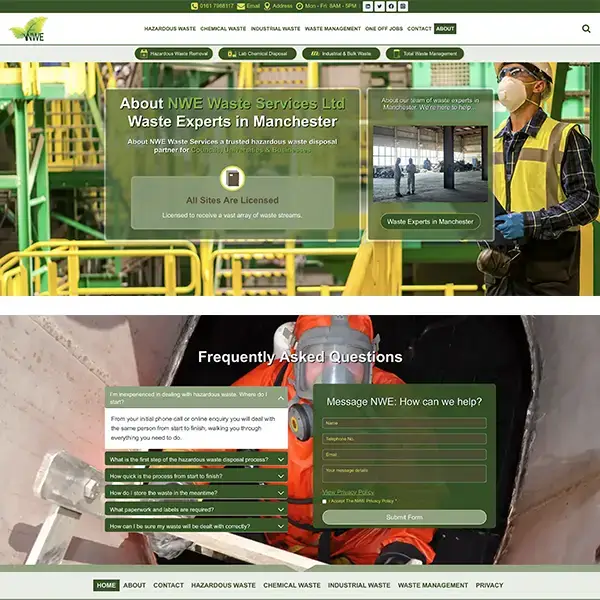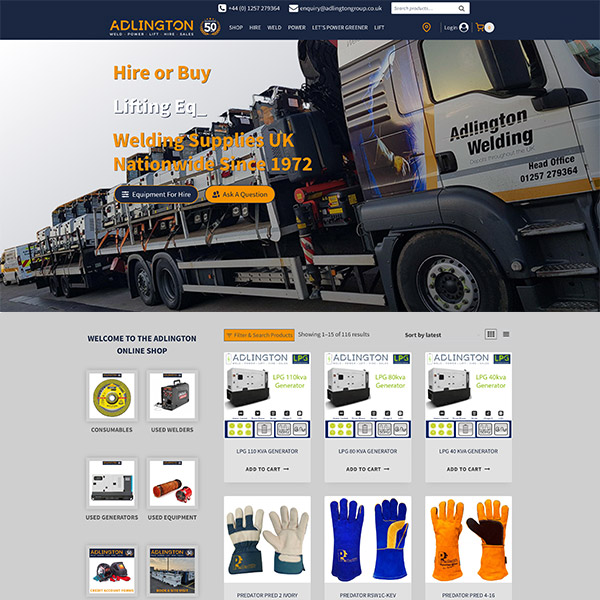Are ‘YOU’ Really Ready to Succeed in Business?
In this post by Andy Laking, Trinity’s Owner and Creative Director, candidly reviews the success factors required to make it in business. PLC or SME; Equipment Hire or Safety Supplies. Digital Services or others: common success-threads weave there way through…

About the Blog Author…
dedicated consulting services
Taking Care Of Digital Assets, And More…
Andy Laking, Owner & Creative Director of Trinity Web Design Ltd, heads up a team of creatives delivering client services in graphic design, copy writing, content creation, SEO, website design and existing site development. We specialise in building and developing eCommerce sites using WordPress & WooCommerce.

Andy Laking
Owner & Creative Director
“success takes courage, requires maturity”
After start-up in 2016, this online eCommerce distributor business was fast to gain traction and expand into the UK’s very first Franchisor of ‘Safety Equipment, Spill Control & Workwear Supplies’. Franchisees where in several locations, plus appointed resellers, extending reach across the entire UK.
No matter where you are, that’s where you find yourself. All that matters now is where we go together from here…
Andy Laking
Still with us? Good, now get ready for the good advice everyone deserves
If you’ve made it this far then you’re probably serious about getting insights into business success, or at least curious! So I want to share with you…our Trinity Community…how you can help yourself and navigate towards becoming more accomplished with better earnings, better in business. Because if you have made it this far then it’s unlikely you’re employed.
Or you could be simply considering becoming self-employed and ‘in business’. Possibly to find that illusive ‘work-life-balance’? Then here’s where I start every time…for myself or with start-ups, scale-ups…be truthful and mindful about assumptions you make prior to making that call. These assumptions could be the best, or worst, but you do need them at this point.

Starting a business is a exciting and potentially lucrative venture, but it is also a risky one. There are many factors to consider and a lot of assumptions that need to be made before embarking on this journey. Here are some key business assumptions to consider before starting a business:
- Market demand: One of the most important assumptions to consider is whether there is a demand for the product or service you plan to offer. It’s essential to do market research to determine if there is a need for your product or service, and if there are enough potential customers to sustain your business.
- Competition: Another important assumption is the level of competition in your market. It’s essential to assess the competitive landscape and understand the strengths and weaknesses of your competitors. This will help you determine your competitive advantage and how you can differentiate your business from the competition.
- Cost of goods or services: It’s essential to have a clear understanding of the costs involved in producing and delivering your product or service. This includes direct costs such as materials and labour, as well as indirect costs such as marketing and overhead.
- Revenue potential: In order to determine the viability of your business, it’s important to have a clear understanding of your revenue potential. This includes pricing, potential sales volumes, and any potential sources of revenue.
- Legal and regulatory considerations: It’s essential to understand the legal and regulatory requirements of starting and operating a business in your industry and location. This includes business licences, permits, and compliance with any relevant laws and regulations.
- Human resources: Starting a business requires a lot of hard work and dedication, and it’s important to have a clear understanding of the human resources required to get your business off the ground. This includes the number of employees you’ll need, their skills and experience, and how you’ll attract and retain top talent.
- Marketing and sales: In order to succeed, your business needs to attract and retain customers. It’s important to have a clear understanding of your target market and how you plan to reach and engage with them through marketing and sales efforts.
By carefully considering these and other key business assumptions, you can set yourself up for success and increase the chances of your business thriving in the competitive marketplace.

So now you’re all giddy and busting to start up. How will you fund it?
Starting a business often requires significant funding, and there are several ways that startup businesses can finance their operations. Here are five common options:
- Personal savings: Many entrepreneurs use their personal savings to fund their business, especially in the early stages. This can be a good option if you have enough savings and are comfortable taking the risk.
- Friends and family: Some entrepreneurs turn to friends and family for financial support, either through loans or investments. This can be a good option, but it’s important to be clear about the terms and expectations to avoid straining personal relationships.
- Crowdfunding: Crowdfunding platforms such as Kickstarter and Indiegogo allow businesses to raise money from a large number of people, usually in exchange for a product or service. This can be a good option for businesses that have a strong online presence and a clear plan for how they will use the funds.
- Grants: There are many organisations and government agencies that offer grants to small businesses, often for specific purposes such as research and development or expanding into new markets. It’s important to do research and apply for grants that align with your business goals and needs.
- Bank loans: Many banks and other financial institutions offer loans to small businesses, often at competitive interest rates. This can be a good option, but you’ll need to have a solid business plan and be prepared to provide collateral and/or a personal guarantee.
It’s important to carefully consider which financing option is the best fit for your business, based on your needs, goals, and risk tolerance.
Together we will either find a way, or make one…
Andy Laking

